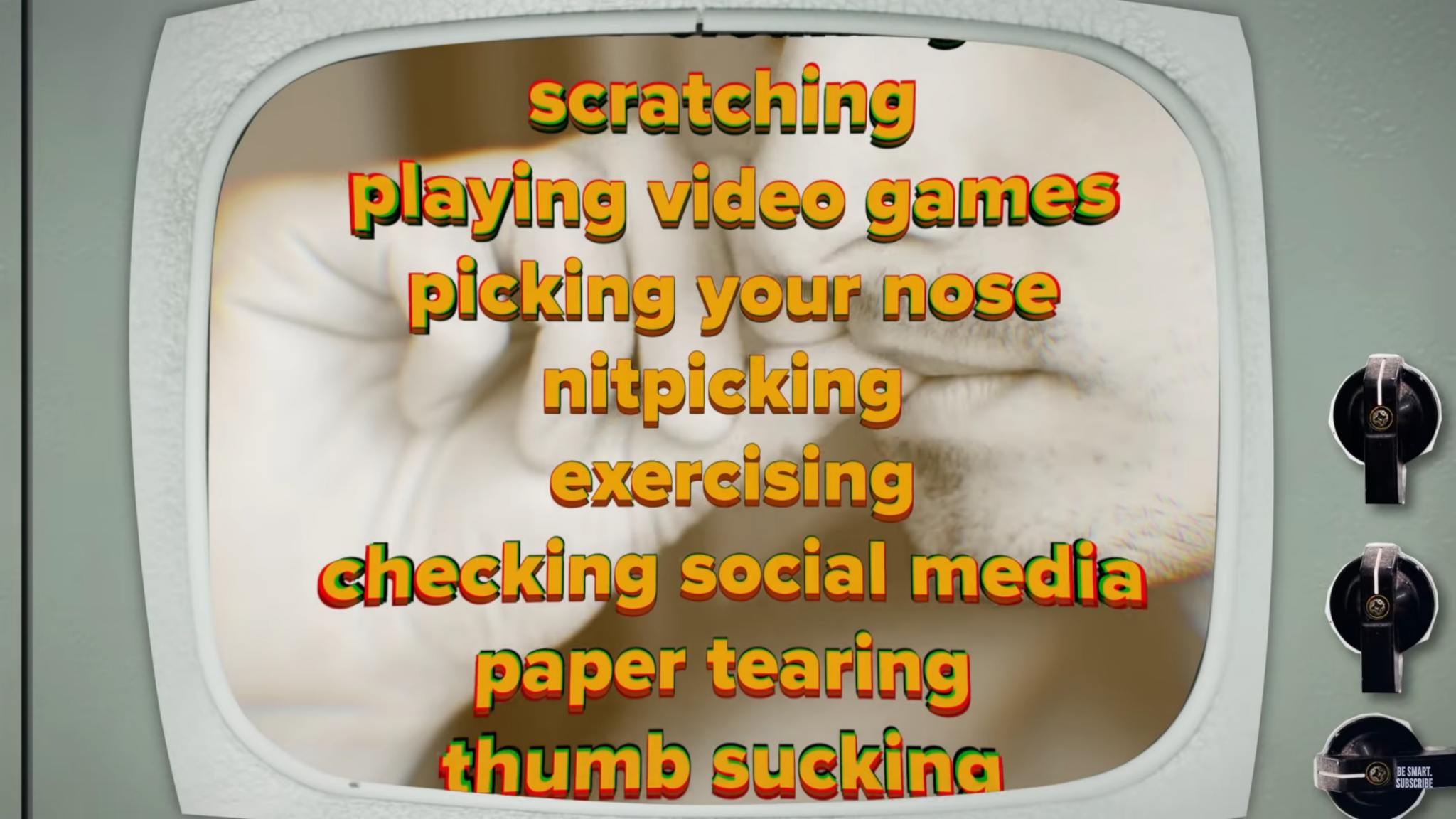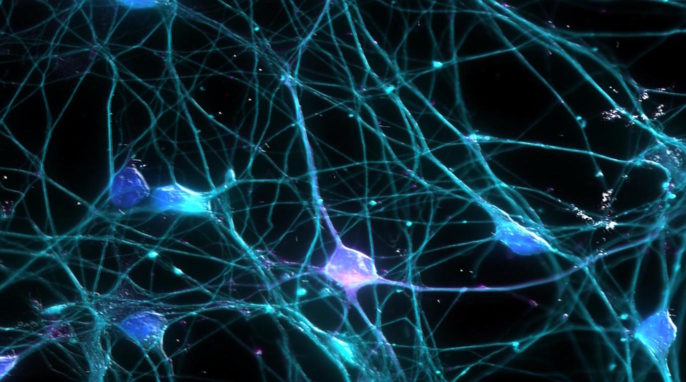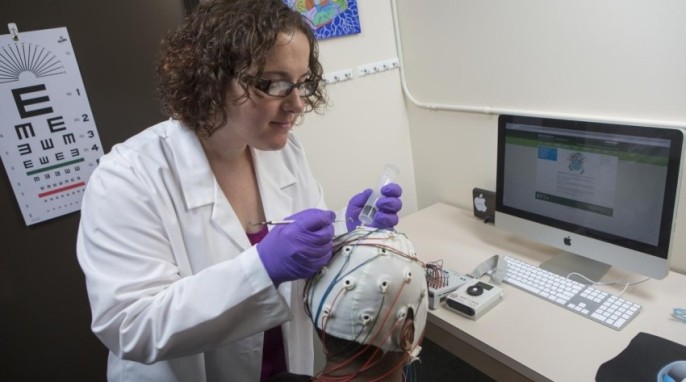How Habits Are Formed
Do you have some bad habits that bother you, but you just can’t seem to break? That’s because habits are literally wired into your brain. Every single thought, action, and feeling changes your brain a little bit. For example, this is what loneliness can do to your brain. When repeated enough times, a habit is formed. Some are good, some are bad, but you’re not likely to forget any of them without serious effort. Learn about which parts of your brain are responsible for forming habits, how long it takes,…
Read More






